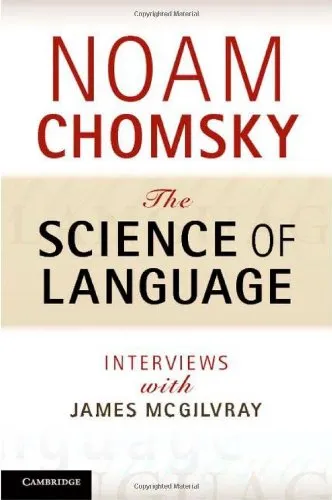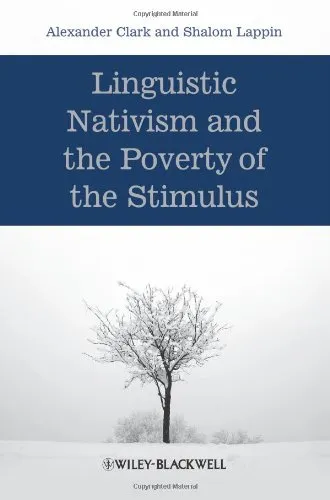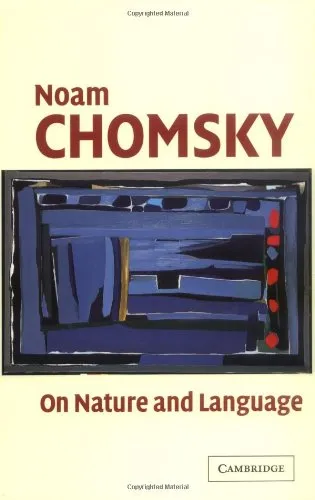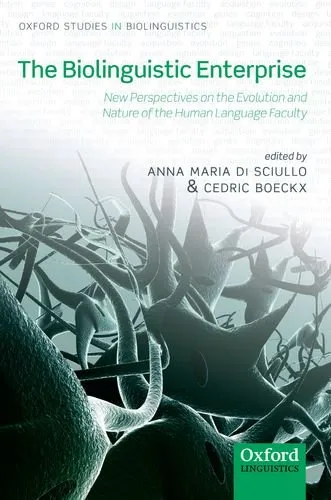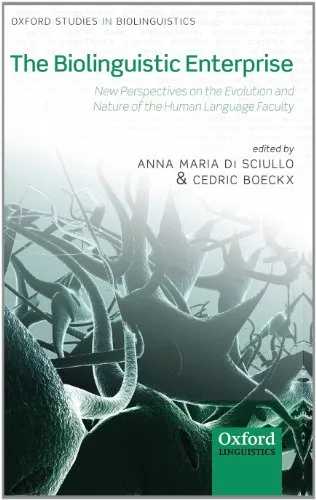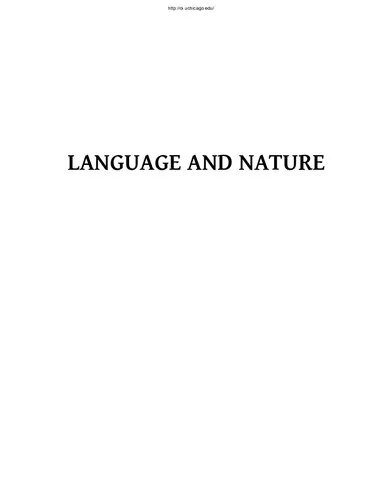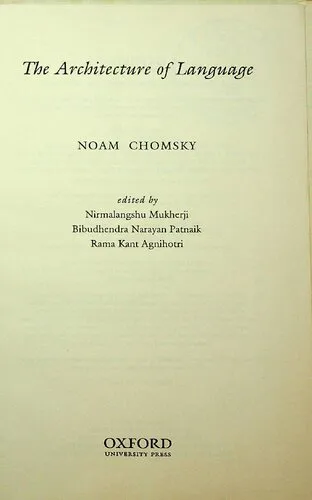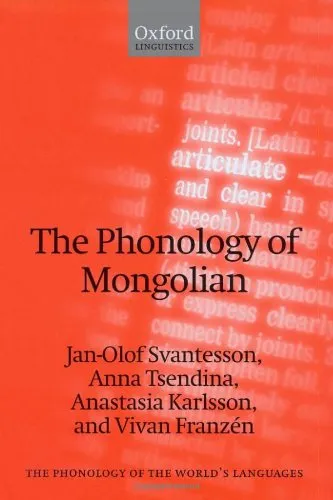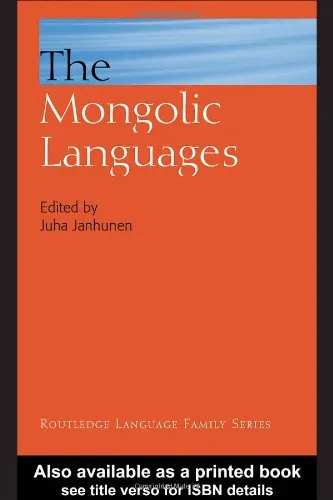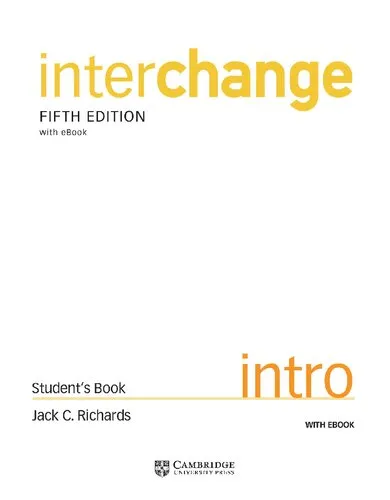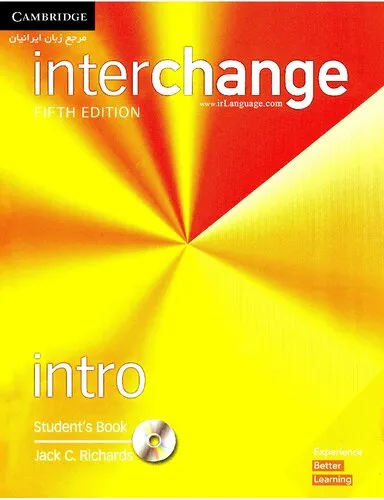The Science of Language: Interviews with James McGilvray
4.5
Reviews from our users

You Can Ask your questions from this book's AI after Login
Each download or ask from book AI costs 2 points. To earn more free points, please visit the Points Guide Page and complete some valuable actions.Related Refrences:
Introduction to "The Science of Language: Interviews with James McGilvray"
"The Science of Language: Interviews with James McGilvray" is an illuminating exploration into the mind of Noam Chomsky, one of the most celebrated thinkers of the modern era. Presented in the form of engaging and thought-provoking interviews with philosopher James McGilvray, this book delves deeply into the field of linguistics, as well as its connections to human cognition, philosophy, science, and politics. Widely regarded as the founder of modern linguistics, Chomsky uses the accessible format of dialogues to share his insights on language’s central role in understanding the fundamental nature of human beings and their creative capacities.
As both a philosophical and intellectual work, the book combines Chomsky's revolutionary ideas with McGilvray's incisive questioning, creating a platform to unpack an array of important topics: the mechanics of human language, its biological foundations, the boundaries of scientific inquiry, and more abstract considerations related to ethics and the human condition. Readers are guaranteed to walk away with a deeper appreciation for not only Chomsky's contributions but also the broader implications of his findings for how we understand ourselves and our place in the world.
Structured across several interviews, this book offers an opportunity to explore the inner workings of Chomsky's mind in an accessible way. Whether you're a student of linguistics, a philosophy enthusiast, or someone fascinated by intellectual thought, this work is designed to give you a front-row seat to the intersections of science, language, and society.
Detailed Summary of the Book
The book is divided into a series of conversations that highlight Chomsky’s pioneering ideas on the nature of language. It begins with an overview of his revolutionary concept of the "universal grammar," the idea that all human beings are born with an innate capacity for language, which sets the foundation for much of his work in linguistics. From there, readers are led into discussions of how this innate faculty manifests itself in the structure of different languages and why this discovery has profound implications for how we conceptualize the human mind.
Chomsky also extends his inquiry to interdisciplinary areas, such as the intersection of language and biology. He argues for language as a biological system, much like other systems in the human body, and explores its evolutionary origins. Additionally, the book touches on Chomsky's broader philosophical approach, including his critique of behaviorism and empiricism as insufficient frameworks for understanding human cognition.
Beyond linguistics, Chomsky and McGilvray also examine topics surrounding the nature of science, the limits of human knowledge, and the relationship between creativity and freedom. These conversations reflect Chomsky’s deeply interdisciplinary approach and reveal his unique perspective on the ethical and political responsibilities of intellectuals in society.
Key Takeaways
- Language is an innate human ability, guided by universal principles found in the mind.
- The study of language can offer deep insights into human cognition, creativity, and biology.
- Empirical science has limits, but exploring these limits often helps refine our understanding of ourselves and the world around us.
- Interdisciplinary approaches, such as connecting linguistics with biology, philosophy, and politics, enrich the scope of human knowledge.
- The role of intellectuals, particularly scientists, extends beyond academia and into the realm of ethical and social responsibility.
Famous Quotes from the Book
"Language is a mirror of mind in a deep and significant sense. It is a product of human intelligence, created anew in each individual by operations that lie far beyond the reach of will or consciousness."
"The history of linguistics is to a large extent a history of attempts to understand the nature of the human mind."
"If we are interested in what we are, in our essential nature, then language is an indispensable object of inquiry."
Why This Book Matters
Noam Chomsky has often been described as one of the most influential intellectuals of our time, and "The Science of Language" provides readers with a rare opportunity to engage with his ideas in a conversational and accessible format. Whether you're a student of linguistics, a scientist, or someone curious about how language shapes our understanding of the world, this book holds profound relevance. It pushes boundaries and challenges prevailing assumptions about the mind, presenting a model of intellectual inquiry that is both rigorous and transformative.
Furthermore, the book is particularly valuable for its ability to connect linguistics to broader human concerns, including ethics, creativity, and politics. By situating his work within these wider contexts, Chomsky offers a framework for understanding the power of language—not only as a scientific phenomenon but as a tool for freedom and self-expression. For anyone interested in the intersection of science, humanity, and society, this book is an essential read.
Free Direct Download
You Can Download this book after Login
Accessing books through legal platforms and public libraries not only supports the rights of authors and publishers but also contributes to the sustainability of reading culture. Before downloading, please take a moment to consider these options.
Find this book on other platforms:
WorldCat helps you find books in libraries worldwide.
See ratings, reviews, and discussions on Goodreads.
Find and buy rare or used books on AbeBooks.
1463
بازدید4.5
امتیاز0
نظر98%
رضایتReviews:
4.5
Based on 0 users review
Questions & Answers
Ask questions about this book or help others by answering
No questions yet. Be the first to ask!
